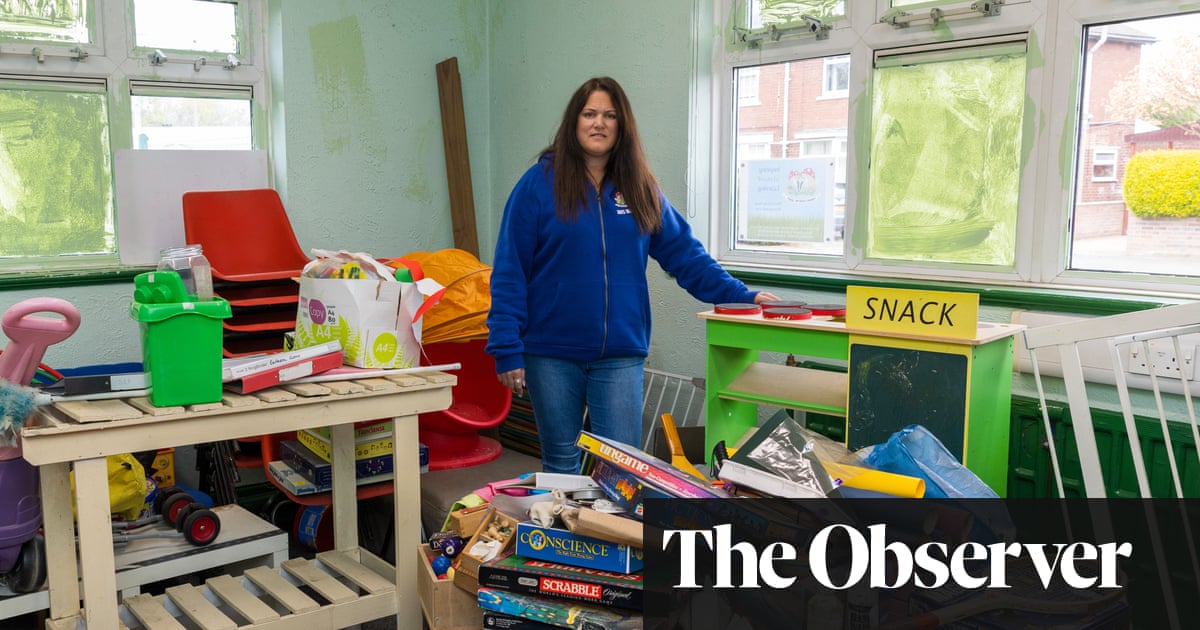Photo credit: www.theguardian.com
Recent feedback from early years providers suggests that a government initiative aimed at increasing nursery availability has had unintended consequences. Several schools are reportedly terminating existing preschool services that operate within their facilities, raising suspicions that schools may seek state funding to establish their own nursery programs.
According to the Early Years Alliance (EYA), this strategy may threaten existing preschools by effectively reducing their operational capacity. Parents who relied on these private, voluntary, and independent (PVI) nurseries may now find themselves in search of alternative childminders to ensure consistent care for their children.
On April 2, the government announced funding for the first 300 school-based nurseries, part of a commitment to create over 100,000 additional childcare spaces in England for children aged nine months and older.
Despite the initiative, only a small fraction—9%, or 27 of the funded schools—have indicated they will collaborate with the existing nursery providers. Reports indicate that as many as 15 preschools have been informed they will need to vacate their premises by the end of the summer term.
Neil Leitch, chief executive of EYA, expressed concern that the funding was initially intended to address “childcare deserts,” areas lacking adequate child care options, but the current trajectory seems to undermine that goal. He noted that some schools are now offering fewer services and accommodating fewer children than the preschools previously operating in their facilities.
Leitch emphasized the pitfalls of sidelining established providers: “The policy has strayed far from our understanding, which was that this would enhance support where it was most required without compromising the PVI sector. The consequences of undermining existing services could lead to greater underserved areas—an act of short-sightedness.”
He highlighted that the PVI nurseries often serve vulnerable populations, primarily located in less affluent neighborhoods, and cutting their funding could hasten their closure. Additionally, he noted troubling guidance from the Department for Education (DfE) that encourages schools to give licenses instead of leases, undermining the stability of these programs.
Alison Wilkinson, who leads a volunteer-run playgroup in Doncaster, articulated her anxiety over the school’s notice to vacate by July. Despite having secured a new location, the need for refurbishment could jeopardize the future of their operations, which provide essential support to families in the community. “Without assistance, we may close by September,” she lamented, stressing the emotional toll this transition is taking on staff and families.
Wilkinson’s playgroup traditionally offered full-day childcare, contrasting sharply with the school’s plan to provide only morning sessions, consequently pushing parents to seek additional childminding support.
In Finedon, Rebecca Stanford-Durdan faced a similar fate when her playgroup’s contract was terminated to make way for a new school nursery. Although she managed to secure a new location, other nearby providers have not been so fortunate, facing closures instead.
Richard Freedman, chair of governors at the Finedon infant school, stated that the decision to develop a nursery was made independently of government initiatives and aimed at enhancing overall provision in the community.
Another preschool operator in Surrey reported being informed of her lease termination to facilitate a government initiative that could yield substantial funding for the school. Although she found a new location, the dual rent obligations during refurbishment heightened her financial strain.
In response to growing concerns, a spokesperson for the DfE remarked on the importance of extending high-quality early years education to all children, reiterating the crucial role of PVI providers in childcare reforms, including targeted funding opportunities. The spokesperson emphasized that beginning in September, the government would expand funded hours to 30 per week, aiming to alleviate financial burdens on parents while promoting school readiness among children.
Source
www.theguardian.com

